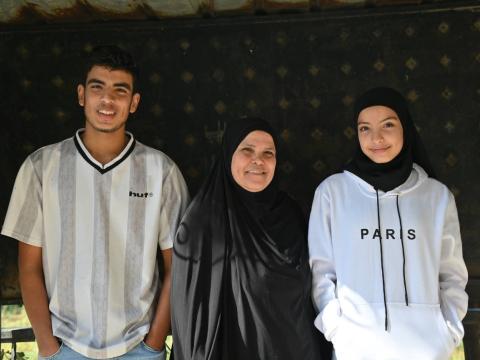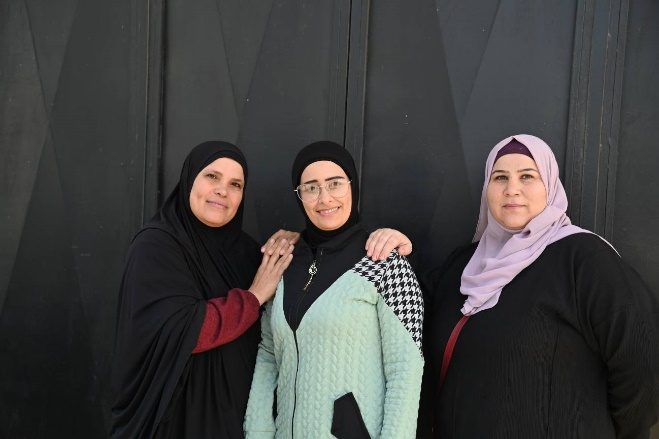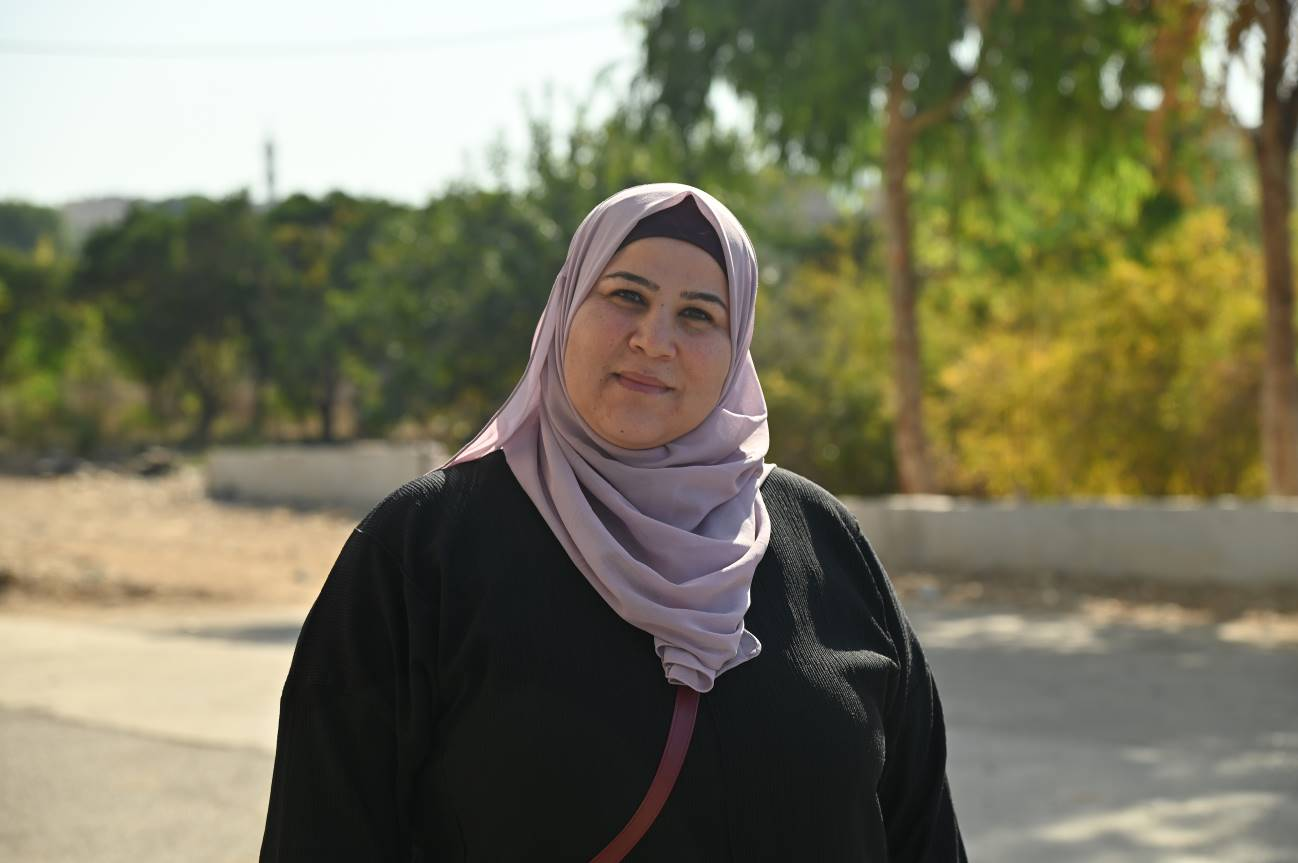Will Hope Find a Way through Lebanon’s Crises?

In Lebanon, children are grappling with numerous crises. As a result of these crises, which began in 2019, they have faced disrupted education and a lost sense of childhood. They've endured the Beirut explosion, the economic crisis, and the COVID-19 pandemic, and now this year, escalating hostilities have led to a massive internal displacement crisis. Mhamara, a village in Akkar in northern Lebanon, is part of a region housing many displaced people, with public schools recently repurposed as shelters. Schools are now closed, leaving children once more confined to their homes, with remote learning as the only option, despite internet limitations and financial obstacles to this approach.
With funds from Hong Kong, World Vision Lebanon is implementing a project in Mhammara to support Lebanese residents and Syrian refugees. The project aims to alleviate the impact of ongoing crises on the community by providing psychosocial support for children, vocational training for caregivers, and cash assistance for the most vulnerable families.
Mahmoud and Dalal’s Journey through the Psychosocial Support Sessions
Mahmoud, 17, a resident of Mhamara, along with his family, participated in psychosocial support sessions and experienced significant benefits. He now feels more confident and sociable, as well as calmer—having previously struggled with anger, particularly towards his family.
"I started thinking about the consequences and impact of my anger before reacting, realising it often causes more harm to those around me," he shares. He adds: "The sessions helped me overcome my shyness. I’m more confident now and wouldn’t have been able to answer these questions as openly before."
His 13-year-old sister Dalal, a grade 6 student, is currently out of school due to the crisis in Lebanon. She shares: "I used to enjoy attending the psychosocial support sessions because the activities were engaging, and I got to meet my friends once a week for two months. What I gained the most was learning how to communicate without hurting others and how to protect myself from bullies." Although she used to anticipate the sessions eagerly, she now misses them deeply since they have ended.
Mothers leading change

Mahmoud and Dalal's mother, Rouwaida, shares how the multi-purpose cash assistance combined with vocational training initially gave her a sense of empowerment. Amid Lebanon's ongoing crisis, families like hers have faced severe disruptions to their livelihoods, making it increasingly difficult to secure a stable income. This assistance, amounting to US$ 100 per month for six months, was provided to alleviate the burdens she faced, from transportation costs to the tough choice of attending training sessions instead of working. Like many others who rely on daily wages, Rouwaida had to forgo much-needed income to invest in what she believes is most beneficial for her children's future: their education.
"With the US$ 600 received as assistance from this project, I prioritised my children’s education. I used most of it to pay for their tuition, books, and school supplies. Unfortunately, they have not benefited from these yet, as the schools remain closed to host displaced communities. We hope that they will return to school soon and continue their education journey,” says Rouwaida.

Besides cash assistance, caregivers are also receiving vocational training in food processing and elderly homecare, along with positive parenting support to strengthen their relationships with their children and create opportunities for a better livelihood. "As mothers, we participated in sessions that provided valuable techniques to manage our relationships with our children better. These sessions taught us how to approach parenting with patience and understanding, helping us avoid feelings of frustration or anger. This transformation positively affected my relationship with my children, as I could communicate and express my feelings openly as a mother.” admits Salma a mother of three children.
Salma’s newly acquired friend from the weekly meetings and joint sessions, Lamia, a Syrian refugee with three children, elaborates: “The mothers’ sessions fostered self-love and patience, enhancing my relationship with my kids. The vocational training also provided valuable skills for my food business, and the financial support allowed me to invest and grow, making a real difference for my family."
This project empowers families, children, and their caregivers to improve their livelihoods while focusing on mental health and social interactions. So far, World Vision, with funds from Hong Kong, has reached 178 girls and 160 boys with psychosocial support sessions, 143 females and 3 males with positive parenting training, and 120 females with vocational training.